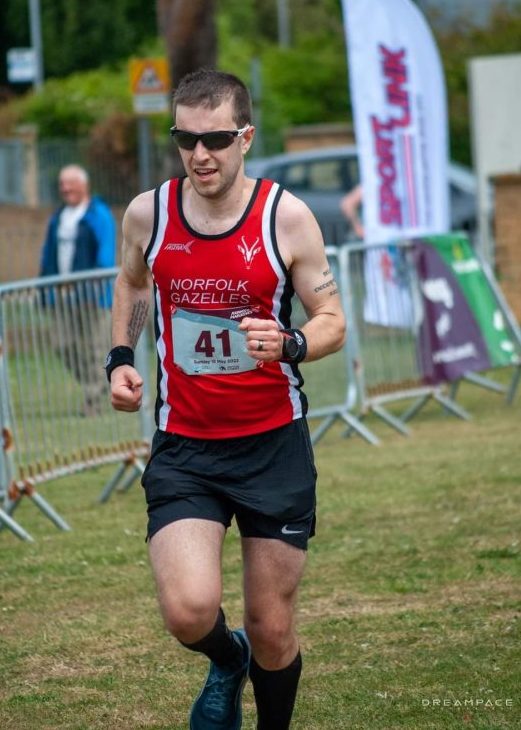If you enjoy marathon running, it can be hard to know which one to do next, especially since we’re so lucky these days to have an abundance of choice. How do you narrow down and finally choose your next marathon? Let’s look at some options.
When do you want to train and race?
Some people love running no matter what weather. For others, the cold and dark of Winter poses a motivation problem, or the heat of Summer makes training an entirely different challenge. Aside from when you want to race, you might need to consider what training will look like and whether or not you want to commit to doing what’s needed.
What’s your target?
Whilst I never like the phrase “it’s not a PB course”, some courses definitely don’t lend themselves to faster times, so what do you want to achieve in your next marathon? Is it about the experience, travel and scenery? Atmosphere in a big city surrounded by thousands of other runners? The flattest possible route, or even the hardest marathon you can find? Once you know this, you can start to refine the races you consider.
The other factor is travel. Whilst I’ve not travelled internationally for a race as yet, it’s not an uncommon thing these days, so think about the tiredness that will come with travel, particularly jet lag if you’d be flying East across a few time zones. Even if a course is flat for a PB attempt, a long-haul East-bound flight a few days before could interfere with your sleep patterns and scupper your chances unless you’re significantly fitter than you were when you ran your current PB, or the course is far easier than the course your PB was run on.
How much time do you need to train?
If you’re aiming for a fast marathon or racing on a particularly challenging course, you need to consider your current fitness level, and how that compares to what’s needed for the race you’re considering.
If you’re 16-weeks out from what would be a PB attempt, but aren’t currently close to, or already in, the best shape of your life, it’s less likely you’ll achieve your target. Equally if you’re prone to injury, have several social events or holidays coming up, these need to be factored in also.
What do you like about marathons?
I love the challenge of a marathon regardless of whether it’s a fast course that I’m aiming for a PB on, or a tougher route that’s all about pushing hard and digging deep. One thing that nearly every runner can agree on though, is that a good crowd or regular patches of supporters can make the world of difference to your enjoyment of a race, particularly if/when you’re having a hard time of it.
The Boston UK marathon for instance was only my second ever official marathon, and was very sparsely supported, feeling more like a weekend long run than a race for the majority of the route. Contrast this to running Manchester 4 months later which had support along several parts of the route, often with substantial crowds. It made the experience that much more enjoyable and spurred me on in the final miles when I was really struggling to hold the pace.
Pacers and field size
Big city marathons, and even some mid-sized events, have official pacers whose job is to get you to the finish in a predetermined time. They can be the difference between people reaching or missing their goals, so they’re a popular feature. Not all races have them of course, but if there are a lot of runners (i.e. a large field) then you can still get a similar motivation boost from being around lots of other runners. For those towards the front of the race, having competition can help push you to faster times, so checking out previous results can give you an idea of how many people you’ll likely have around you.
New experiences
As much as I get nervous about travel and new experiences, it’s part of the challenge for me personally so I don’t plan to repeat the same marathon for some time. This might change after I run my first London marathon (all being well) later this year, but I’d like to try new places, see new routes and explore to help inform the advice I give clients as well.
That said, the desire to conquer a particular time in a race where it’s gone badly wrong before can be a motivation in itself as I found out in 2020 when I had to pull out of an ultramarathon after 27 miles with an injury. I was determined to return when it next took place in 2022 and was rewarded with 3rd place despite breaking the old course record time (behind two other guys who broke the old course record by substantially more). Nevertheless, this was one of the sweetest moments in my life, knowing I’d come back and persevered successfully.
Whatever your motivation, goals, personal priorities and current circumstances, you can find a marathon to suit your needs. Consider the factors above so you can enjoy the training and racing experience, and finish feeling like you can’t wait for the next one.
Written by Kyle Brooks, Running Coach based in Norwich, Norfolk

